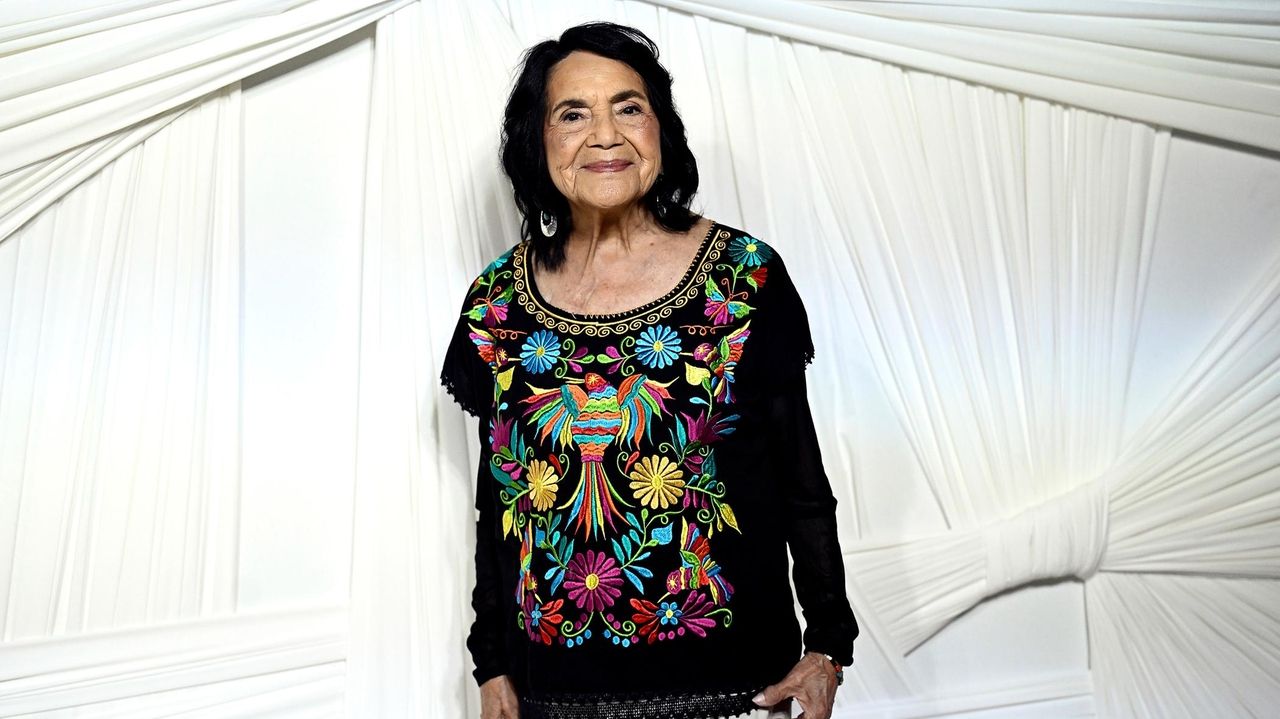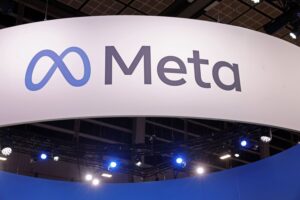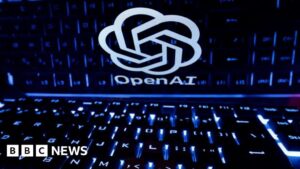OpenAI Selects Labor Leader Dolores Huerta and Other Philanthropic Advisors in Transition to For-Profit Model

OpenAI Names Dolores Huerta to Philanthropic Advisory Board
OpenAI, the organization responsible for developing AI technologies like ChatGPT, has appointed labor leader Dolores Huerta, alongside three other members, to an advisory board. This new group will assist OpenAI in navigating its philanthropic initiatives as it transitions toward a more profit-oriented model.
Who is Dolores Huerta?
Dolores Huerta recently celebrated her 95th birthday and is a prominent figure in labor rights. In the 1960s, she co-founded the first farmworkers union with the late activist César Chávez. Known for her enduring commitment to social justice, Huerta’s addition to OpenAI’s advisory board brings a wealth of experience and perspective regarding the societal implications of artificial intelligence.
The Role of the Advisory Board
The advisory board is tasked with guiding OpenAI’s philanthropic goals, particularly in assessing the potential benefits and risks associated with AI technology. Daniel Zingale, who leads the commission, highlighted Huerta’s understanding of contemporary issues, emphasizing that her voice will add significant value to discussions surrounding AI’s role in society.
Although Huerta’s input will not be legally binding, her participation could greatly influence the direction of OpenAI’s philanthropic strategies. As OpenAI’s CEO Sam Altman seeks to reorganize the company’s governance structure—an undertaking that requires approval from California’s attorney general and others—having experienced advisors on board could be crucial.
OpenAI’s Transition to For-Profit Status
Founded in 2015 as a nonprofit research facility focused on developing safe AI that serves humanity, OpenAI later created a for-profit sector. Despite this shift, the company continues to be overseen by a nonprofit board. Presently, OpenAI is striving to become fully for-profit, a challenging process. This includes obtaining consent from legal bodies in California and Delaware, potentially acquiring nonprofit assets, and resolving a lawsuit from co-founder Elon Musk.
The company has gained considerable backing from investors, including the Japanese tech giant SoftBank. Recently, OpenAI announced plans to raise $40 billion in funding, with a valuation projected at $300 billion.
Members of the New Advisory Commission
In addition to Huerta, the newly formed advisory board comprises several notable members:
- Monica Lozano: Former media executive specializing in Spanish-language broadcasting.
- Robert Ross: Recently retired president of The California Endowment, a philanthropic organization focused on health equity.
- Jack Oliver: A seasoned attorney and Republican campaign fundraiser with extensive political experience.
Zingale, the commission’s convener, is notable for his connections to both Democratic and Republican administrations in California, having worked with governors like Gavin Newsom and Arnold Schwarzenegger.
Focus Areas of the Advisory Board
Zingale has pointed out that the advisory board’s main interest lies in empowering communities with AI technology. The goal is to ensure that the benefits of AI reach everyday individuals and the community organizations that support them. In his view, whether AI leads to societal advancement or challenges will largely depend on how these technologies are adopted and regulated.
A major aspect of the discussion will involve strategies for making AI tools accessible and beneficial for all, particularly marginalized communities. Zingale believes that by having insights from diverse voices—including labor leaders like Huerta—the conversation about AI can be more inclusive and constructive.
Through this advisory board, OpenAI aims to approach the challenges and opportunities presented by AI with a comprehensive view, while also adhering to its original commitment to use technology for the greater good.






